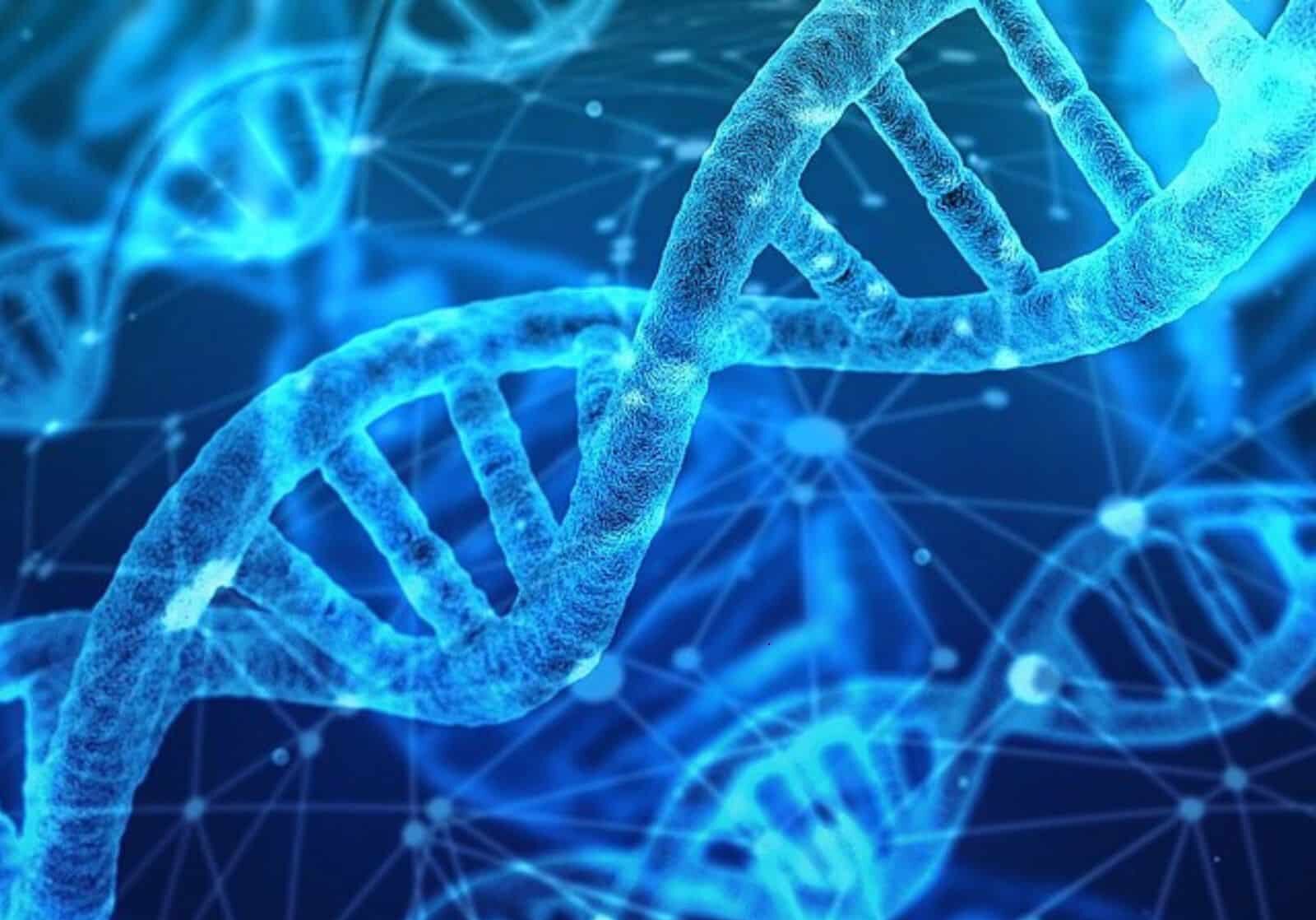

A large-scale DNA study is challenging long-held assumptions about the relationship between race and ancestry in the United States. The findings, published in The American Journal of Human Genetics, reveal that many Americans’ self-identified race or ethnicity does not align with their genetic ancestry.
The research, part of the National Institutes of Health’s “All of Us Research Program,” highlights major gaps in using racial categories to study health—and urges a shift toward a deeper understanding of genetic ancestry. The relationship between DNA, race, and ancestry is being re-examined as scientists work to improve the accuracy of health research.
Researchers analyzed the DNA of over 230,000 individuals from a diverse pool of participants, using about two million genetic markers per person. Instead of finding clear links between self-reported racial identities and genetic clusters, the study revealed widespread genetic mixing.
For example, participants who identified as Black or African American often showed varying degrees of both African and European ancestry. The complexity increased further among those who opted not to report a racial identity.
Over 90% of that group reported Hispanic or Latino ethnicity, and their DNA showed a broad mix of African, European, and Native American ancestry.
Charles Rotimi, a genetic epidemiologist at the National Human Genome Research Institute, led the research team. He noted that many individuals may not see themselves fitting into a single racial group, or may identify with multiple categories.
These results challenge existing systems that rely on fixed racial categories and underline the need for more accurate ancestry-based approaches in health research.
The All of Us database, which now includes genomic data from more than 400,000 people, is one of the most diverse resources of its kind. According to the researchers, it surpasses older global datasets such as the 1000 Genomes Project and the Simons Genome Diversity Project in terms of representation.
Alexander Bick, a geneticist at Vanderbilt University Medical Center who was not involved in the study, called the findings “remarkable.” He pointed out that nearly all major global populations are represented in the data. “It just shows how Americans come from every corner of the world,” he said.
To better understand how ancestry impacts health, the team looked beyond broad groupings like African, Asian, or European. Instead, they examined narrower regional ancestries within continents.
These smaller categories showed measurable differences in traits, like body mass index (BMI). West-Central African ancestry, for instance, was linked to a higher BMI, while East African ancestry was tied to a lower BMI, despite both being grouped as “African” in many studies.
Anna Lewis, a bioethicist at Brigham and Women’s Hospital, said the findings show why scientists should stop defaulting to large, artificial categories.
“We need to lean into the nuance, lean into the complexity,” she said. While she supports alternative tools, like ancestry recombination graphs to describe genetic variation, she praised the study for offering a more realistic picture of human diversity.
Though many geneticists have moved away from using “race” in studies, the researchers say self-reported race and ethnicity still offer insight into social and environmental factors, such as discrimination, that affect health. Rotimi added that even individuals sharing a racial label might have different genetic and life experiences.
Policy makers are taking note. The U.S. Census Bureau plans to combine race and ethnicity into a single question on the 2030 census to reflect how people view their identity more accurately.
However, experts caution that these findings apply primarily to the United States. Mashaal Sohail, a geneticist at the National Autonomous University of Mexico, stated that similar categories may not be valid in countries like Mexico or Brazil, where social identities follow different patterns.
“Over time, we may move away from these categories altogether, but it will take some time,” she said.
